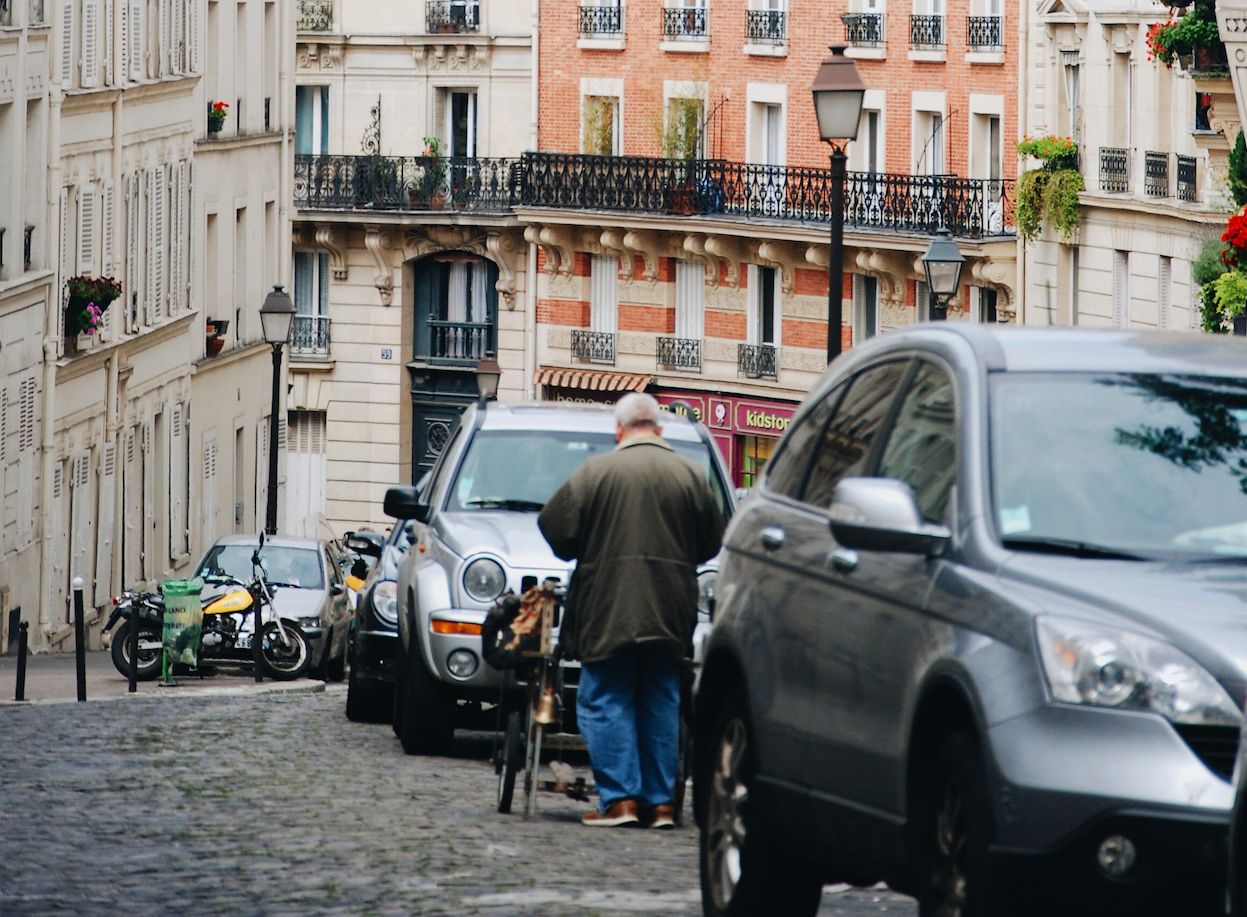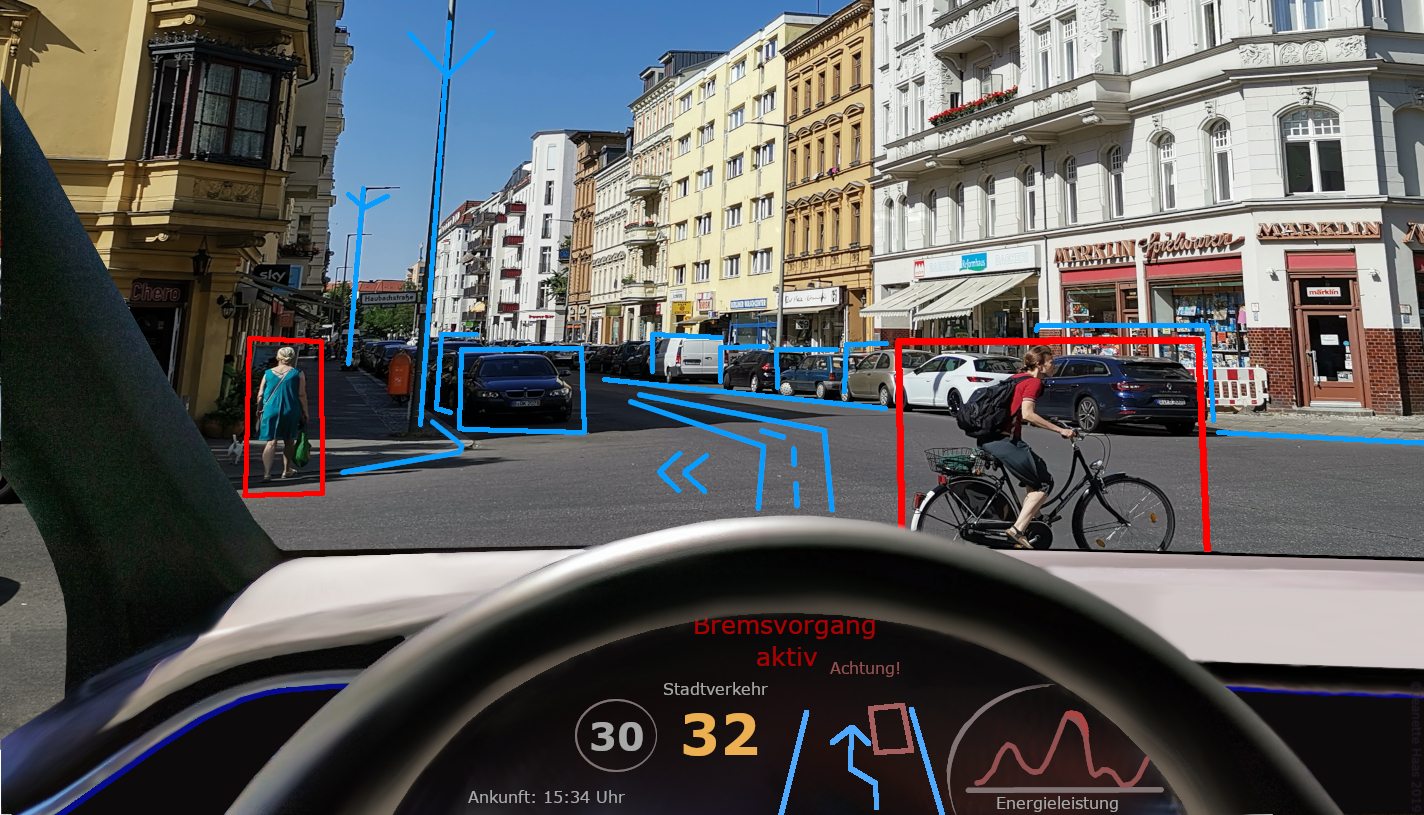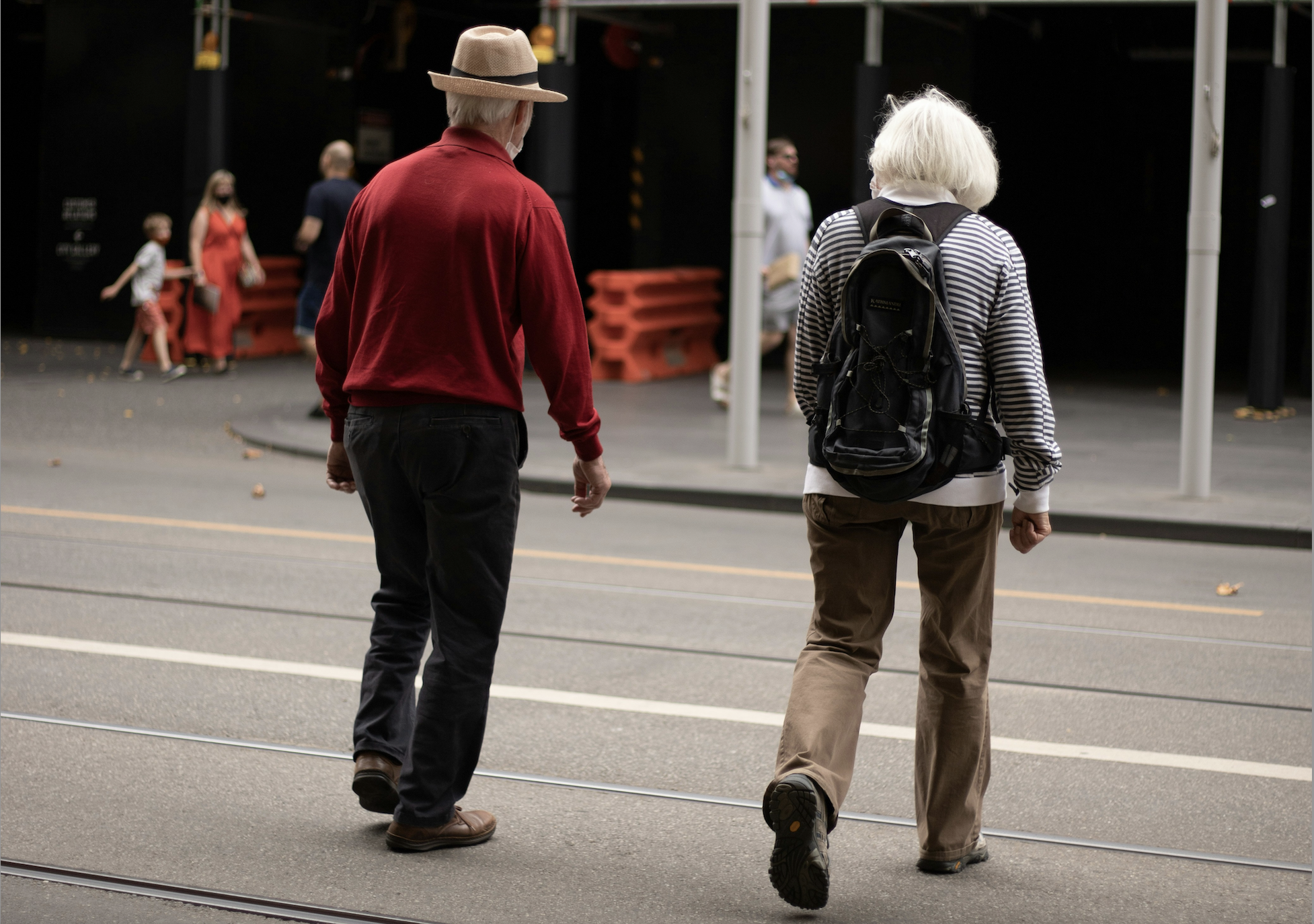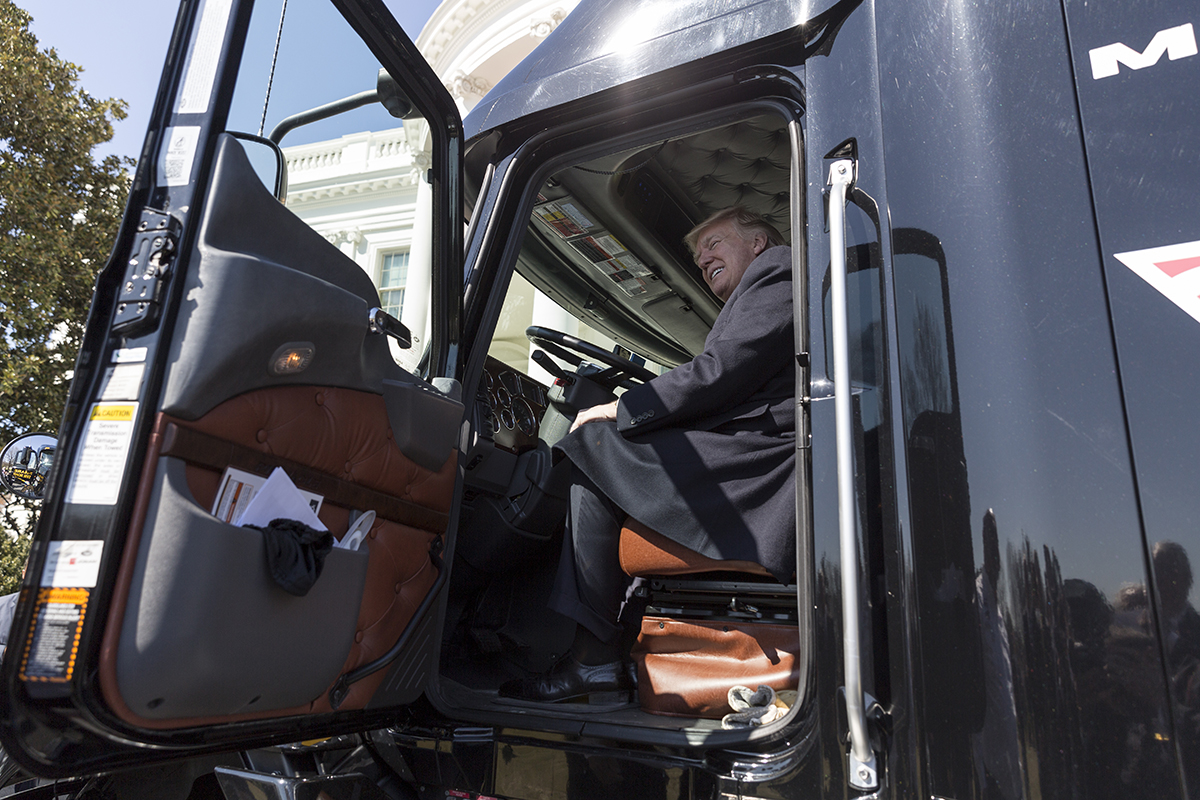This Sunday, the voters in Paris will go to the polls to answer a critical question: "Do we want more SUVs on our streets?"
More specifically, Parisians are voting on a new measure that would drastically increase parking prices for the drivers of the ultra-heavy vehicles classed stateside as “light trucks” — as well as electric cars over 4400 pounds — to €18 per hour in the city center, or three times what the drivers of smaller cars are asked to pay.
For many residents of the City of Light, where I’m lucky enough to live, charging more to park an SUV makes a lot of sense. On a very basic level, larger cars take up more space, usually overhanging marked bays by several inches. Heavier vehicles also damage the roadway more, increasing the cost of maintaining the city's streets. And more broadly, they’re significantly more polluting and dangerous than smaller vehicles.
Of course, Americans know this better than just about anyone. In 1985, only a quarter of new cars sold in the U.S. were trucks and four-wheel drives; by 2022, as reported by the Environmental Protection Agency, they made up fully 75 percent. Without concerted action at a national and even supranational level, though, that balance has proved difficult to shift, particularly as cars have become a key battleground of the culture war — and as advocates like professor Kevin J. Krizek argue, in the face of inaction from central governments, municipalities might hold the key to effecting the changes we need.
Paris has gotten attention in recent years for taking many of the measures Krizek calls for. Under mayor Anne Hidalgo, many of the city's widest traffic corridors have been tamed, with lanes once dedicated to cars now given over to protected cycling infrastructure. In the thriving commercial district of the Marais, a new traffic plan has drastically reduced motorized traffic. And kids at hundreds of schools are now safer at drop-off and pick-up thanks to targeted street closures. These school streets are great not just during the school day: at weekends they play host to children playing ball and dogs playing fetch.
When it comes to parking, Paris has already taken some important steps, too. Much of the curbside is already dedicated to delivery vehicles and bike parking, and recent reforms introduced charges for motorcycles, and increases to the price of parking a car in the city center to €6 (around $6.50) an hour — close to the market price for parking in an underground garage.
An increased SUV parking fee could build on these successes — if the municipal government can iron out the details. Firstly, city hall hasn't outlined how it will enforce the measure, or even how parking attendants will determine how much each car weighs on sight. Lyon, France's second-largest metro, is introducing a similar policy this year, but it’s focusing on resident parking permits rather than visitor parking, which are easier to regulate because a car's registration can be checked when the permit is issued.
Secondly, it’s not clear what the consequences of not paying will be. Today, visitors to the central zone who fail to pay their parking fee are fined €50, less than three hours' worth of the new SUV-specific amount — and it’s not yet clear whether or not Paris will also scale these fines to vehicle weight.
Despite these lingering questions, a recent poll found that 61 percent of Parisians support the SUV parking measure. Whether my neighbors will come out and vote for it, though, is a different question.
Because there isn't a strong tradition of local referendums in Paris, a vote last year on banning e-scooters suffered a turnout of less than 7.5 percent. If this vote fails, it will send an unfortunate signal around the world that even in a city where barely a third of households own a car, policies like these don’t stand a chance — even if only a tiny sliver of voters are making that decision.
If the vote can succeed, though, Paris could create a model that spreads worldwide. In many ways, the City of Light is the best place to trial this idea, thanks to its good public transport and low car ownership. Just like many cities, driving here is unpleasant and slow regardless of your choice of vehicle, street space is limited, and the budget is tight. And like cities almost everywhere — including auto-centric American ones — parking fees are one of the few things local governments have control over, and they could be a useful lever to effect the change the country needs.
The eyes of urbanists around the world should be on Paris on Sunday. And if the measure fails,we need to make sure the right lessons are learned so that policies like this aren't abandoned altogether.






